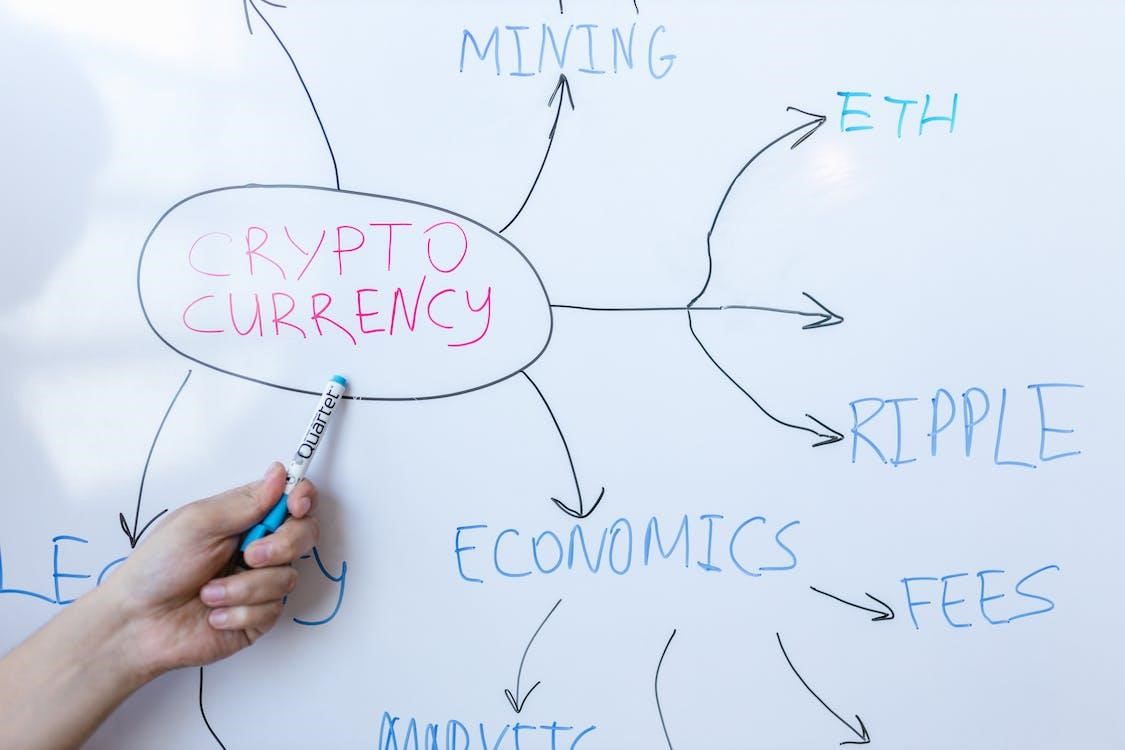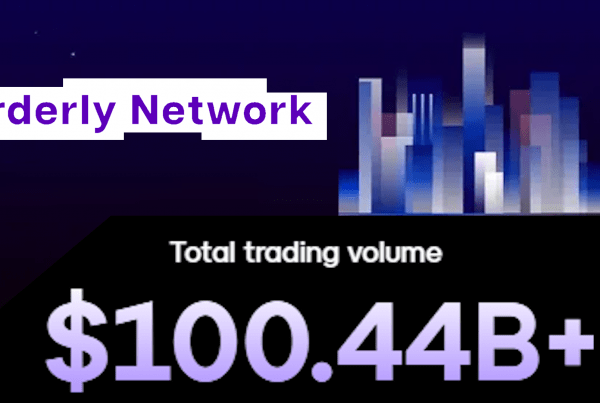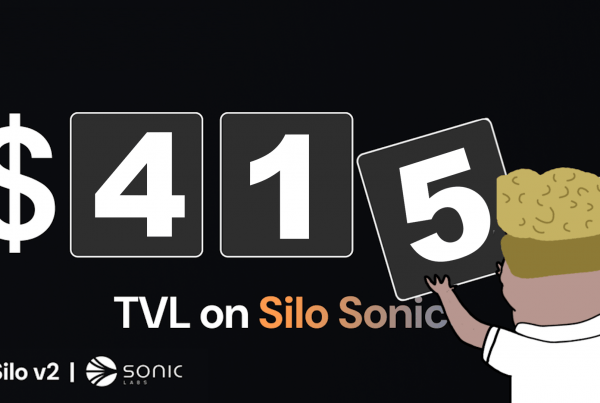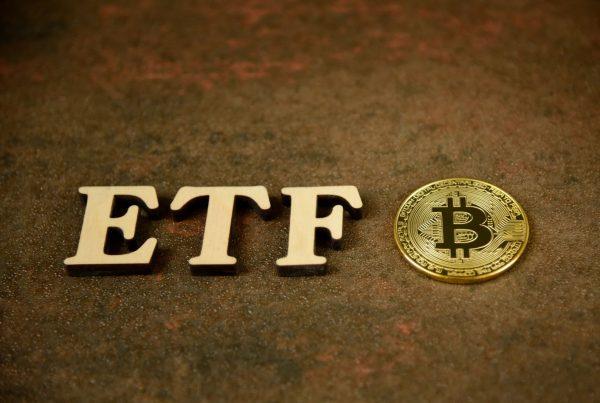Mining cryptocurrencies always seems too complicated, but as technology evolved, some blockchains made it easy for users to mine without spending too much money on complex hardware and using a lot of energy. Among these cryptocurrencies, Ethereum has made the most advancements regarding these aspects. Ethereum has just switch to Proof-of-Stake (PoS) from Proof-of-Work (PoW).
If you want to earn ether, you must learn how to mine. And you can do many things with ether, from buying and selling goods and services to creating apps and NFTs. The blockchain offers plenty of opportunities for miners, so here’s a short introduction to how to mine Ethereum.

How can you mine/stake Ethereum?
Mining is a computerized process of solving complex mathematical problems to earn coins. It involves validating transactions on the blockchain network, powered mainly by a proof-of-work system.
Although PoW is the most common system, it has made it harder to mine, as it’s not energy efficient and does not allow for more scalability. On the other hand, Proof-of-Stake is gaining popularity for cryptocurrencies, and Ethereum has decided to adopt this system.
Through such systems, you need to solve mathematical equations using cryptographic hashes generated to secure data transferred on a public network. Each block you’ll be mining uses a hash function from the previous block, thus forming a chain of blocks.
This process makes the blockchain:
- Immutable, meaning that the blocks can’t be changed or altered;
- Decentralized because the system doesn’t require any governing authority;
- Secure due to the fact that the blocks are hashed cryptographically;
Mining is an exciting process to unfold and discuss, and you can make it in a few ways.
Pool Mining
Starting with mining for beginners, pool mining is a method that previous miners came up with to help inexperienced people who are not willing to invest considerable computational power to mine. It’s based on the idea that more participants who contribute to computing power are more successful at solving the hash function than individually.
Each participant will be rewarded proportionally to the computational power supplied. This is why pool mining is efficient for beginners because it allows them to earn coins and get more experience in a team of people with the same goal. Here are the basic steps for mining in a mining pool:
- Check your GPU and drivers. To begin mining, a GPU with at least 3GB of RAM is required, and you need to ensure it’s updated to the latest version.
- Create a crypto wallet. You’ll need to store the coins somewhere after earning them, and a crypto wallet is what you need; you have plenty to choose from.
- Install the mining software. Make some research on the trusted sites before downloading anything to avoid viruses and spyware infecting your computer. You could start with GitHub as a source for your downloadable mining software.
- Join a mining pool. Consider pool fees, pool size and minimum payouts the pool requires before joining.
- Run the program and calculate profitability to see what are the potential mining rewards and benefits. This way, you can see clearly if mining is profitable for you and worth investing in high-end hardware.
Solo mining
Solo mining means you’ll mine alone. But that’s not feasible enough, even if it sounds like you’ll get rich overnight. Solo mining requires a lot of mining power to get a single block reward on your own. You can try it if the computational power, GPUs, and electricity costs don’t exceed the coins earned.
Cloud mining
Cloud computing is also not recommended for beginners, as it’s pretty risky. This method allows you to rent out computing capacity or mining rings on the cloud, which you will use for mining. You’ll pay a fixed monthly or annual fee, but it’s not a profitable approach because while the price of a cryptocurrency can fluctuate, the fee you have to pay is fixed.
If you’re interested about the Ethereum price, know that, like any other cryptocurrency, its price can fluctuate due to its supply and demand, investor and user sentiments and media coverage. This is called price volatility, which also applies to commodities, assets or investments.
Should you mine Ethereum or Bitcoin?
You may know that Bitcoin and Ethereum are the first two most important cryptocurrencies at the moment, so you may be wondering which is best to start mining or staking as a beginner. Since their arrival on the market until now, solving mathematical problems has been harder, and it might become even more difficult in the future. The conclusion is that you may need to upgrade your hardware at some point to keep up with the requirements for both blockchains.
But since Bitcoin has been here for a while, it’s now the most difficult cryptocurrency to mine. To earn coins, you need specialized hardware, which is not quite affordable, so it’s not recommended for beginners. On the other hand, you could mine Ethereum on a reasonably powerful laptop in the beginning, even though you weren’t earning that much. With staking, you can stake ETH in a pool or deposit 32 ETH to activate a validator software.
However, you should be aware of the potential risks of not using better hardware. Plus, computers can become a potential fire hazard due to their constant usage and high energy outputs. For example, it’s important not to overload the electric grid with an excessive power draw. You’d need to evaluate your setup’s safety and ensure there wouldn’t be any risks of overheating.
For staking, it’s important to keep your software updated and to check that there are no errors when confirming transactions.
You can still look for other cryptocurrencies to mine or stake, as there are more than 19,000 in existence, with more to come. Some other promising blockchains include Cardano, Solana, Dogecoin and Polkadot, and they all have distinct features.
Final thoughts
Although mining is not as easy compared to how it used to be in the beginning, people can still do it as newcomers, with decent computational hardware and the will to learn a thing or two. Mining Ethereum also allows you to use your ether on many things, and the blockchain is the perfect space for creators, developers and investors.



